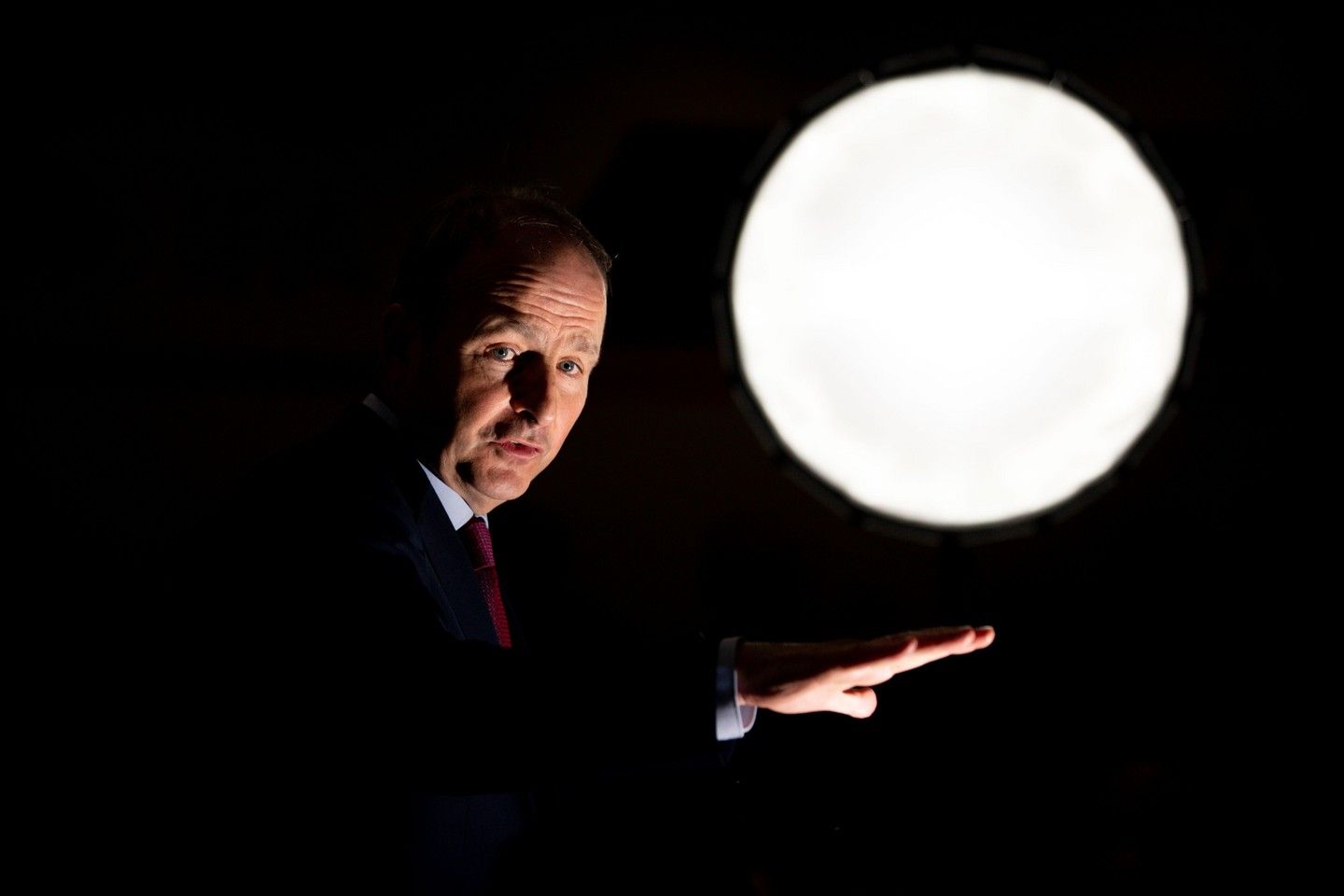
This election is coming to its conclusion, what a few weeks
it has been. Really though what we should be doing is considering the last few
years when we pencil that X in next to the party or candidate we are thinking
of voting for this Saturday.
No matter how many debates you watch or listen to, no matter
how many articles you read, no matter how many arguments you have with your
mates or your family the decision as to who you vote for comes down entirely to
you. It is important and it is a privilege to be able to vote in a somewhat
well functioning democracy, because democracy as we know it is under threat.
In 1970 there were around 35 electoral democracies, by the
early 2000s that grew to nearly 120. When communism collapsed in Eastern Europe
and the Soviet Union began to crumble away in the period between 1989 to 1991 a
great amount of regions began to sway towards democratic institutions and
ideals. Now though the amount of democratic regions are in decline with the
revitalisation of authoritarian countries like China and Russia both led by
strongmen leaders that seek to hold onto power indefinitely. These strongmen
leaders seek to control the media, manipulate the courts, centralize power and impede
on protests. They get away with such arrogant displays of power by focusing on
the anxieties of the people of their countries fears such as the threat of terrorism,
AI advances and economic upheaval. They legitimize these fears by pointing to
the failure of liberal centre left and right governments of the world who could
not handle the worldwide recession that crippled countries and families, they
focus on anxieties born out of the refugee crisis.
Trump and Brexit were direct results of the liberal world
orders failure to tackle these very problems. The discourse that was filled
with hate and resentment that resulted in these two seismic monumental historic
watershed moments luckily have not emerged during the course of this 2020
election and the conversation that surrounds it. Indeed it did not emerge
throughout the entirety of America and Britain’s collective identity crisis.
Fears of a hard border and a return to the troubles gained much media
attention, yet neither of those two things came to being in the end. Indeed
while Britain’s conservative party was mired in accusations of racism towards
Muslims the leading opposition party, Labour, was drowning in endless reports
of anti semitic party members, indeed a culture of anti-semitism seemed to have
enveloped Labour. While in our own
country our government had formed a confidence and supply agreement to bring
the country stability during most uncertain times. Michael Martin to his credit
could have pulled the plug on the government at any stage for his own political
gain, he never did. Even though his party members yearned for such a move, he
did what he thought was best for the countries interest. That is what he tells
us at least.
Did David Cameron do what was best for his countries interest
when he called the Brexit referendum? Was there a real lust, a great hunger
amongst the public for such a debate? No, he was just trying to squash some Euro
sceptics in his own party and crown himself victorious in a phallus measuring competition
between himself and Nigel Farage. Did Theresa May really believe in her heart
of hearts that Brexit was the best option for the country? Of course not, she
voted against it. The conservative party feared that if they did not deliver
Brexit , they might themselves become politically irrelevant and face
extinction. It was not about what was best for the country, it was about what
was best for the party. It was not about empowering the people who were mislead,
it was about sustaining power for the party.
So now here we are, we have come to the end of interesting
period in time that will for sure be discussed in history classes of the
future, unless of course climate change or nuclear weapons have something to
say about that.
The status quo looks set to change if opinion polls are to
go by with Sinn Fein now in the lead, but you can’t go by opinion polls. This
country has been run by the same old two parties with some other parties thrown
into coalition as the mini me to the main man for nearly a hundred years. This
election presents a real opportunity for change. Your vote does matter and you
should go out and use that vote this Saturday. Power to the people because the people have
power, we have shown that time and time again in this country. Between the
repeal the eight movement,which was a real grassroots campaign, the gay
marriage referendum , the nurses strike, the water charge strikes, over and
over again we have shown that we the people are the ones that truly shape the
narrative of this country and it is the leaders of Leinster house that follow
behind us taking claim to our action. The green wave of the European and local
elections of last year was spurred on by the idealism of the young of this
country borne out of a genuine fear of what this world might become if we do
not address climate change. Policies and promises come and go but the power of
the people holds strong and your vote is power so use it well and be a part of
something.
Go out and flex your democratic muscles this Saturday, it’s a
nice buzz and a bit of craic.
Sure what else would you be doing?
Go out then and
reward yourself with a nice bop in the George. You might bump into Leo Varadkar
shifting the face off Michael Martin on the dance floor while Eamon Ryan
replaces every ones plastic straws with paper ones.



